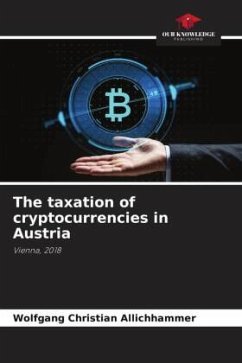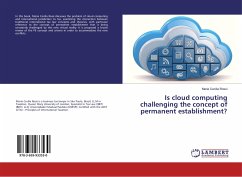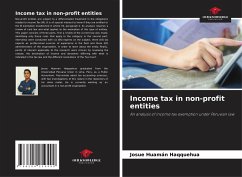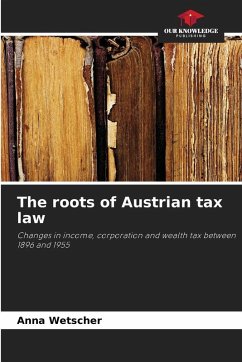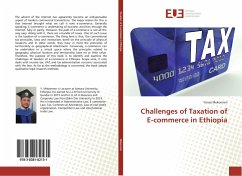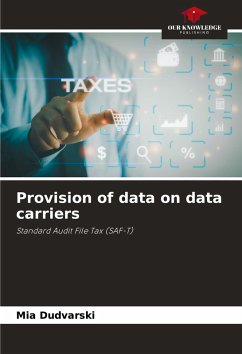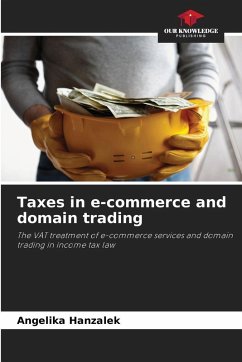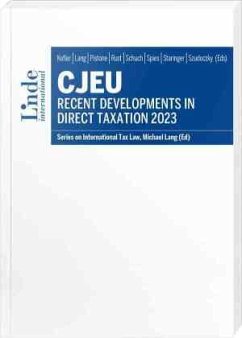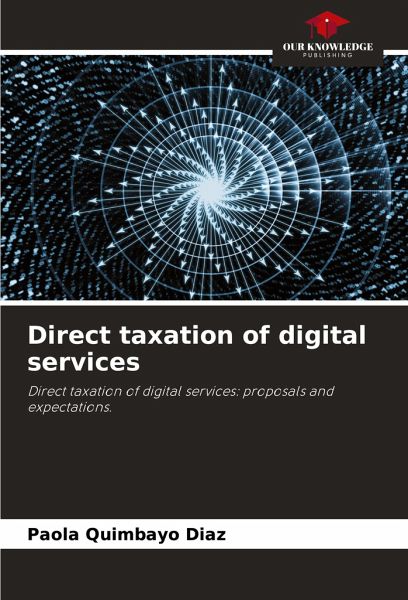
Direct taxation of digital services
Direct taxation of digital services: proposals and expectations.
Versandkostenfrei!
Versandfertig in 6-10 Tagen
29,99 €
inkl. MwSt.

PAYBACK Punkte
15 °P sammeln!
For several years, digital services have become a priority in international taxation. Today, the controversial issue has intensified due to the COVID-19 pandemic, which has accelerated the expansion of e-commerce to new companies, customers and types of products. Consequently, the OECD has struggled to reach a consensus on how best to establish tax rules governing the taxation of income generated by the provision of digital services, which challenge the classic concepts of source and permanent establishment. In the meantime, many countries have opted to take unilateral measures to fill the reg...
For several years, digital services have become a priority in international taxation. Today, the controversial issue has intensified due to the COVID-19 pandemic, which has accelerated the expansion of e-commerce to new companies, customers and types of products. Consequently, the OECD has struggled to reach a consensus on how best to establish tax rules governing the taxation of income generated by the provision of digital services, which challenge the classic concepts of source and permanent establishment. In the meantime, many countries have opted to take unilateral measures to fill the regulatory gap. That said, this work aims to address the whole issue from the proposals presented by the OECD under Action 1 of the BEPS project, the UN and the analysis of the pros and cons of digital taxes implemented by various countries. With regard to Colombia, this book presents some alternatives that would help to broaden the definition of permanent establishment based on the new realities of taxation in the digital economy.



